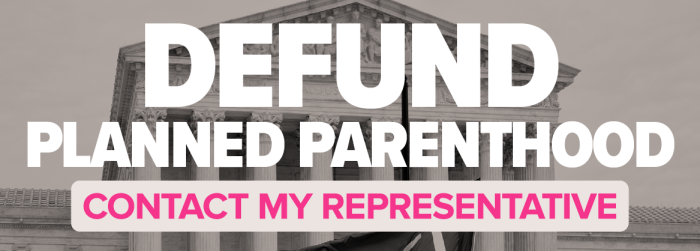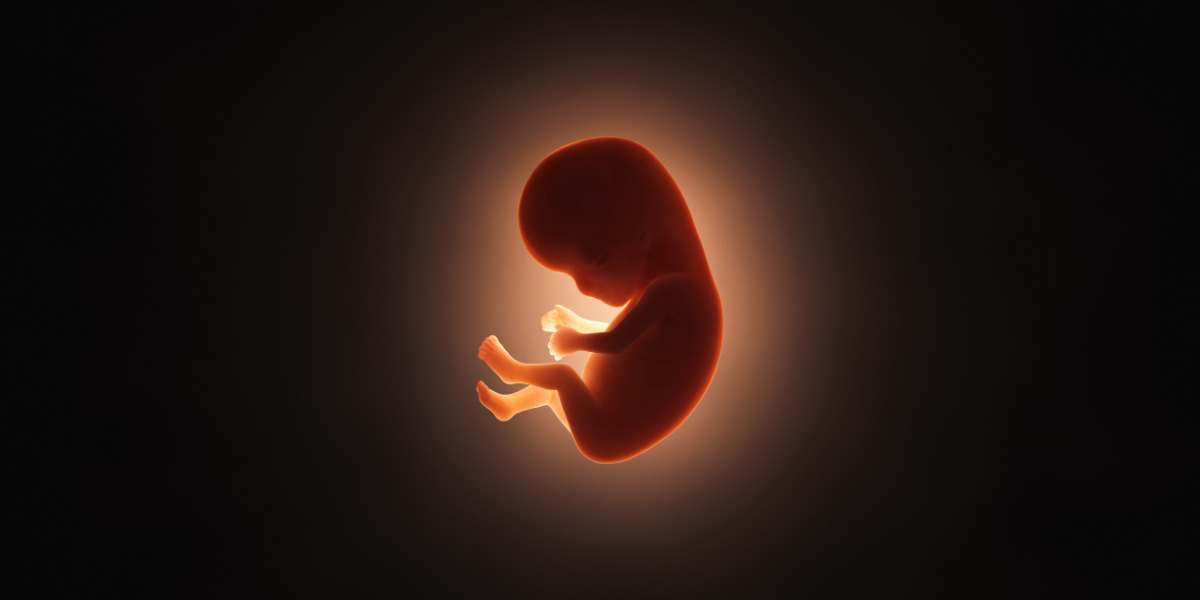There are ethical and moral dilemmas surrounding the high-volume destruction of life during the IVF process, and pro-lifers know that the ends do not justify the means. Pro-lifers are not unsympathetic to the emotional and physical suffering connected to infertility. Many in the pro-life movement have dealt with these challenges and struggles themselves and understand the natural desire to do whatever it takes to have biological children.
In a recent episode of the Fried Eggs infertility and IVF podcast with Amy Salke and Kayti Christian, the two women examined what they consider to be a “misconception” among individuals who are not in favor of IVF: that an embryo equates to a child.
An embryo is a human life
“I think there is a misconception with people who don’t fully understand IVF, that an embryo equates to a child,” said Christian. “And that is just not the case. That is why our doctors stress having multiple embryos because statistically speaking, it does take three embryos per successful pregnancy. And so when somebody is talking about banking their embryos, they’re not talking about collecting as many embryos as possible so that they can just leave them to be frozen for all of eternity.”
Christian argued that pro-lifers wrongly think “an embryo equates to a child” in the sense that every embryo created during IVF will survive to be a newborn baby. But that’s actually a straw man — that’s not what pro-lifers think.
Pro-lifers know that not all embryos will survive the process; in fact, most of them won’t. This is one of the human rights violations that is a standard part of the IVF procedure. “An embryo equates to a child” because an embryo is a child. This embryo is a unique human organism with his or her own distinct, complete DNA. This embryo is the offspring of his or her parents; sperm and egg have fused, and now there is a new human being in existence, in the embryonic stage of development. From there, if that human being survives, he or she will enter the fetal stage, and then will emerge from the womb to enter his or her newborn/neonate stage, and so forth.
As the conversation continues, it seems that Christian’s point is that because not all embryos are of the highest “quality” and are “different grades,” this again makes them less than human or less than a child.
Christian says, “Also, not all embryos are created equal, right?”
However, they are created equal. Just as every born human being regardless of age, ability, race, sex, gender, income, or IQ is inherently equal to one another, so are these same humans in their embryonic stage of development.
READ: GUEST OPINION: Children conceived by IVF are precious. But IVF is still unethical.
She continued, “Those embryos are all different grades, some of them are not genetically tested. There are a lot of different factors involved. And so, I just want to add that because I think that this is such an emotionally charged conversation right now, especially in religious settings about the ethics of IVF and the ethics of creating embryos and freezing embryos and there’s nothing unethical about you being proactive and wanting to create a family and using the eggs that you have now to do that. It’s not a ‘Let’s retrieve one egg, create one embryo, and then create a baby.’ It just does not — I would love for it to work like that, but it doesn’t.”
And it is precisely because ‘it does not work like that’ that IVF is unethical.
Human beings are not disposable
Human beings are not disposable.
However, in order to justify the destruction of some embryos in IVF, the industry and those who use it rationalize that human embryos are not the equivalent of human beings — yet there is nothing else that they could possibly be. There are no humans who are “less than human.”
With IVF, once the desired number of children is achieved, what happens to the ‘banked’ embryos? Christian seems to think that no one is “collecting as many embryos as possible so that they can just leave them to be frozen for all of eternity,” yet there are several examples of this. One very familiar case comes to mind: Paris Hilton.
In 2023, Hilton announced that although she was not dealing with infertility, she was afraid of being pregnant, so she turned to IVF and a surrogate. She unashamedly told Glamour, “I have 20 boys!” Yet she did the process over again to ensure she got girls. For all anyone knows, there could be 19 boys still frozen indefinitely.
There are, after all, an estimated one million embryos currently frozen in the United States. Some have been abandoned by their parents, and the fertility businesses storing these young lives do not know what to do with them.
A human embryo is no less human due to size, level of development, environment, or degree of dependency. Hilton has at least 20 sons and an unknown number of daughters whose environment is one of cryopreservation. Human life begins at fertilization whether it occurs inside or outside of the woman’s body. To argue otherwise is nonsensical. What Christian is likely arguing is not that they aren’t human beings — that is scientifically impossible to deny — but that the embryos who have been labeled as “abnormal” or are poorly “graded” are less likely to survive to become a newborn and are therefore not morally or ethically relevant and can be destroyed or ignored as inconsequential.
In other words, if “not all embryos are created equal” then some don’t matter and can be disregarded and stripped of their humanity. Expanded out, this would mean that not all born children are equal either and they too could be ‘graded’ and tossed aside.
There is no misconception. The truth is that every human embryo is a human being — not a commodity or an item on a fertility business conveyor belt waiting to pass or fail a quality check.








